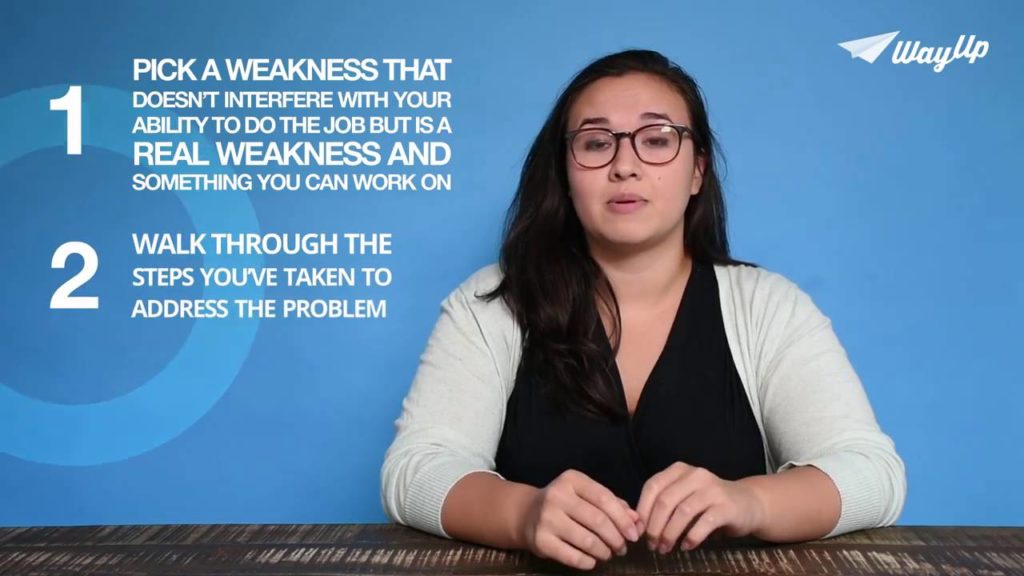What is your biggest weakness?
This is one of those difficult interview questions that interviewers ask from time to time. The way you handle your response to the question might be as important if not more important than what you actually say.
The question is how to answer the question without making it look like you have a weakness that might prevent you from getting hired.
At the same time, you don't want to mention a weakness that isn't really a weakness and simply tell the interviewer what you think they want to hear.
Trust me, an experienced interviewer has heard every clichéd answer to this question and will know when you are feeding them a line.
The purpose of asking this question is firstly to see how you handle a stress question and secondly how you actually respond to it.
Here are some guidelines for responding when an interviewer asks what about your biggest weakness:
1. Answer the question honestly. It's always best to answer any interview question honestly (obviously) but this is an especially important one. Making up a weakness that isn't really a weakness will most likely be very noticeable to the interviewer. If they think you are lying, they may ask you for another weakness which will cause you even more trouble trying to think of one off the top of your head.
2. Don't mention a big weakness that could cost you the job. Your goal here isn't to lie of course, it's simply to present yourself as best you can. We all have weaknesses but it doesn't mean we tell an interviewer everything that we do wrong. If for example you are interviewing for a project manager job, it's probably best not to mention that you have trouble getting along with people since you're going to be constantly working with others.
3. Don't evade the question. Don't try to avoid answering the question. Also be careful about giving a clichéd weakness (ie. I work too hard) and then quickly stating how you deal with it. That looks too scripted and the interviewer has probably heard it one million times before. Admitting a real weakness but then stating what you are doing to improve yourself is preferable ie. "My presentation skills are not as strong as I'd like so I signed up for weekend presentation skills classes and also joined a Toastmasters club." Remember that the specific job you are interviewing for will help to determine how you answer the question.
4. Keep your answer factual and brief. Typically, stress questions such as these that put us on the spot tend to cause us to ramble on and speak for longer than we should especially if we're nervous. The best way to answer the question is to be well prepared and to know how you are going to answer the question before the interview. This will avoid you trying to think off the top of your head and saying more than you need to which could hurt your chances of getting the job.
Your Weakness Interview Question

